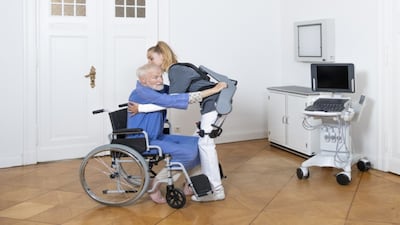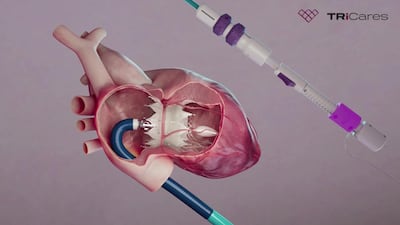As medtech artificial intelligence and machine learning (AI/ML) programs are expected to boom in the near future, the US Food and Drug Administration is racing to develop regulations. According to a top FDA official, while the agency has some authority to regulate such products, it may require more authorities from Congress to achieve the kind of regulatory oversight that’s needed.
The FDA held a two-day multi-stakeholder workshop late last month at the National Institutes of Health (NIH) in Bethesda, MD, to gain critical feedback that can help the agency develop...
Read the full article – start your free trial today!
Join thousands of industry professionals who rely on Medtech Insight for daily insights
- Start your 7-day free trial
- Explore trusted news, analysis, and insights
- Access comprehensive global coverage
- Enjoy instant access – no credit card required
Already a subscriber?







